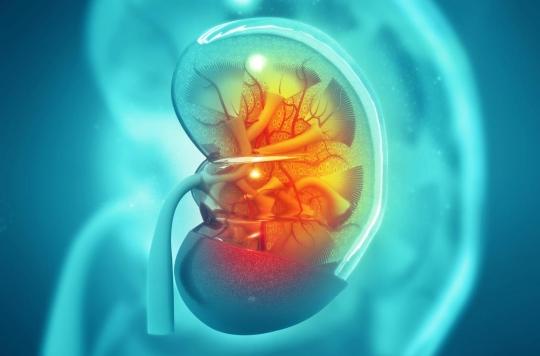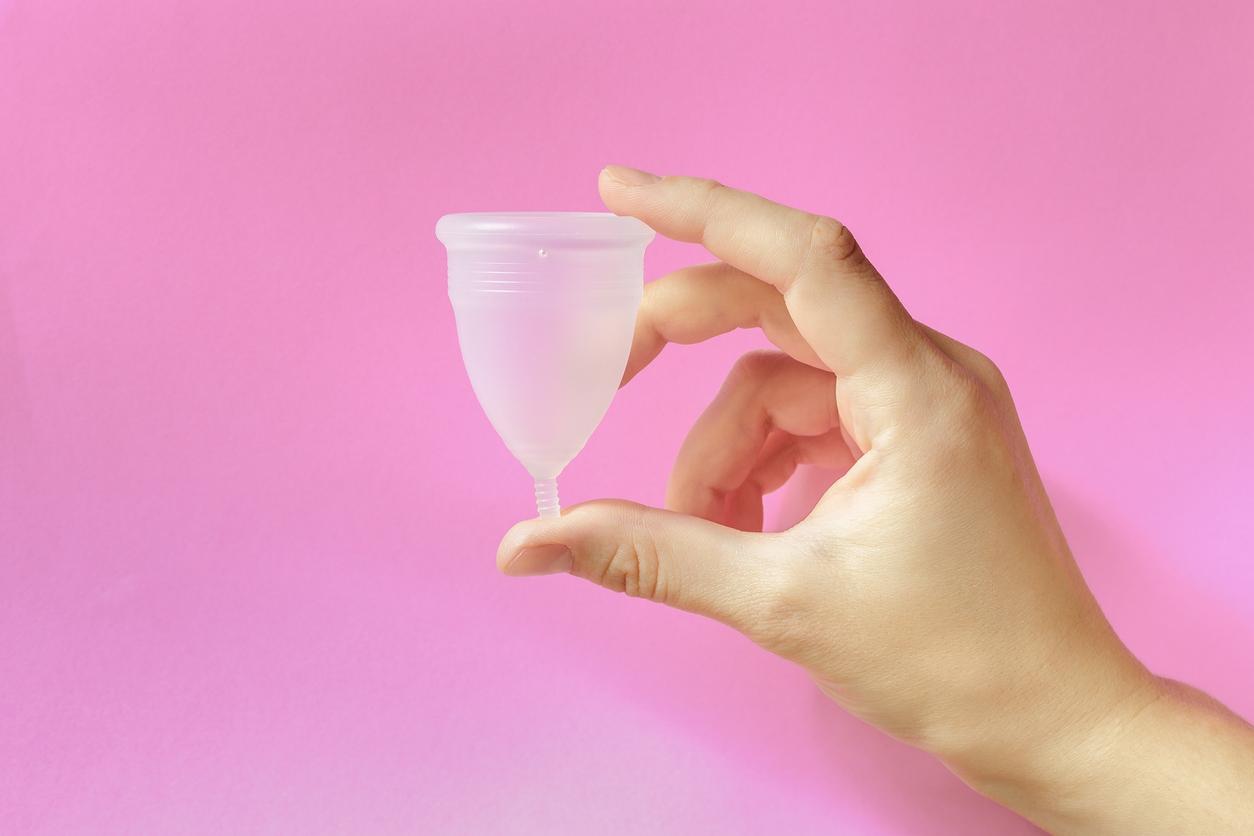While many patients reject their kidney transplant without anyone understanding why, a major genetic incompatibility between organ donors and recipients has just been discovered.

- In France, nearly 4,000 kidney transplants are performed on average each year.
- These transplants are mainly carried out from deceased donors, even if the number of transplants from living donors has gradually increased each year for the past twenty years.
French researchers lifement to establish that the MICA gene can predict the failure of a kidney transplant, which in the future can avoid unnecessary operations and loss of organs.
A gene discovered almost thirty years ago
“Kidney transplantation is the only curative treatment for people suffering from end-stage renal failure, but this intervention is not always successful because the graft can be rejected by the patient’s body, often without understand why, indicates Inserm.
In order to reduce the risk of rejection, doctors can now take an interest in a certain number of genetic and immunological parameters to assess the histocompatibility between donor and recipient, that is to say the degree of compatibility of their organs. and their tissues. In this sense, researchers from Inserm, the University of Strasbourg, Strasbourg University Hospitals and their partners from LabEx Transplantex have taken an interest in a gene discovered almost thirty years ago.
This gene, called MICA, codes for a protein expressed on several types of cells. “Previous studies had already suggested that this gene was important in predicting the outcome of a transplant, but they focused on too small a number of patients (among other methodological limitations) to be able to say that it was a gene of histocompatibility”, explain the scientists. “In addition, these studies were not interested in the MICA system as a whole, that is to say both the genetics (histocompatibility) and the serological aspects (presence of anti-MICA antibodies in the blood of the recipient)”, they add.
More than 1500 patients included in the study
The team therefore studied the MICA gene in more than 1,500 patients who had received a kidney transplant as well as in their donors. First lesson: sequence analyzes of the MICA gene have revealed that when recipient and donor present a different version of the gene, the survival of the graft is reduced. Moreover, the researchers have shown that these incompatibilities of the MICA gene are at the origin in the patients of the synthesis of antibodies directed against the MICA proteins of the donor, which are involved in transplant rejection. These antibodies are produced when the MICA proteins of the donor are too different from those of the recipient.
These results indicate that the MICA gene would be a relevant gene to take into account at the time of a transplant, and that the search for anti-MICA antibodies may also be of interest in predicting the success or failure of the transplant. They must now be validated in large prospective studies.
“Following this work, we could already plan to generalize clinically the sequencing of the MICA gene and the identification of anti-MICA antibodies in patients before the transplant to assess histocompatibility with the donor, and after transplantation to better prevent rejection episodes. Finally, we also plan to study the role of the MICA gene in the transplantation of other solid organs, in particular the heart, the lung or the liver”, concludes Seiamak Bahram, head of the Immuno-Rheumatology unit at Inserm.

.
















